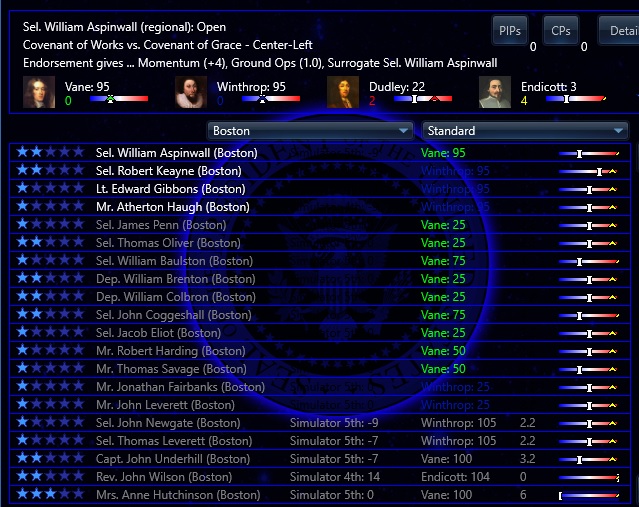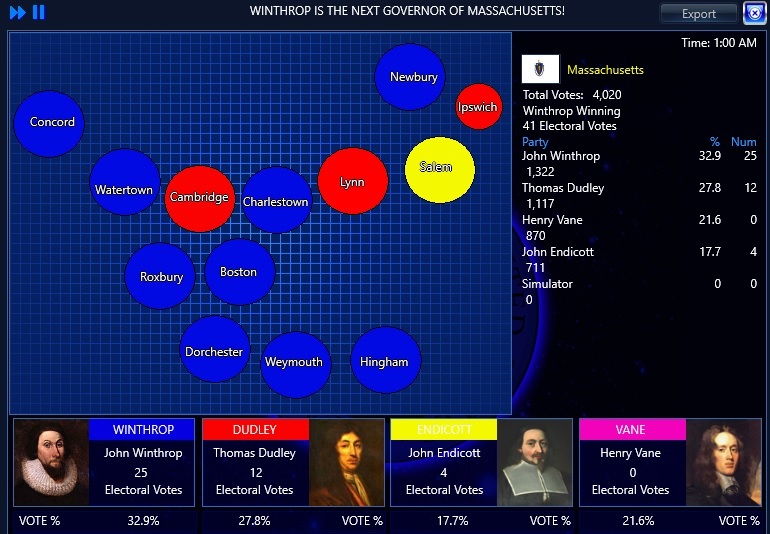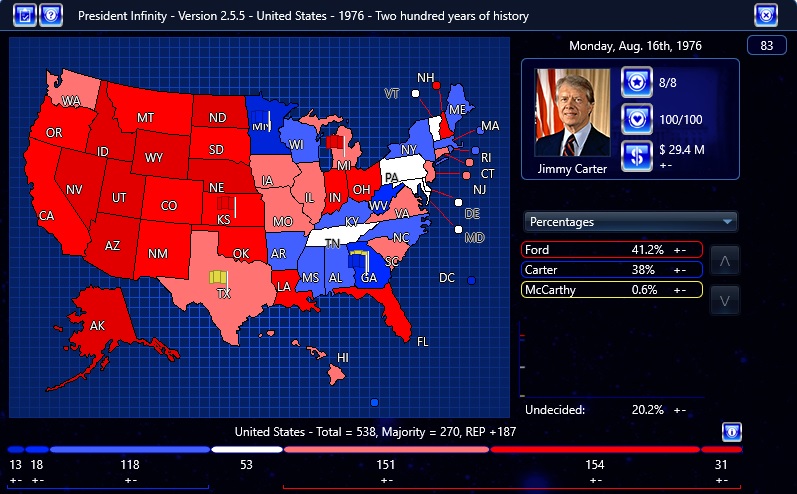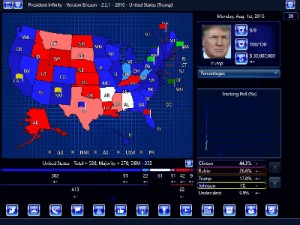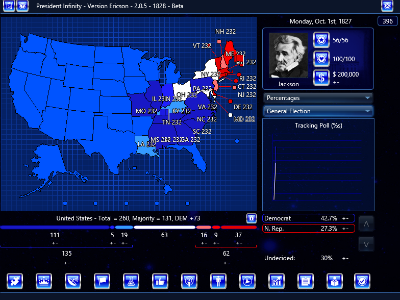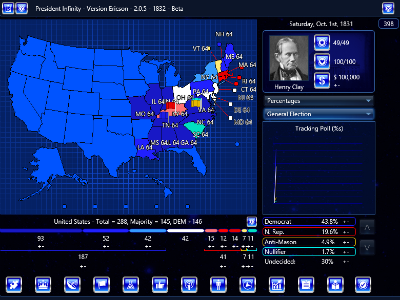270Soft Forum Users’ Scenario (2016)
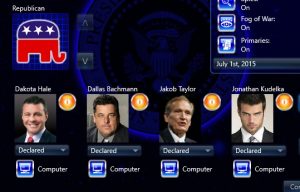
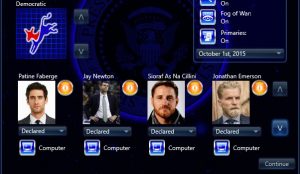
This election takes place during the high-tide of anti-establishment populism in America. As such, a diverse range of ideologies fight to become the primary platform for their party in the 2016 election. Can the more established front-runners avoid a convention battle defeat? Can the ultimate nominees inspire Americans to follow their vision to build a better America?
Democratic Candidates Include:
Sen. Ramsey of PA, a centrist physician.
Rep. Perry of TN, a leader of the Religious Left
Rep. Faberge of WA, an activist and progressive
Rep. Sabolesky of AZ, former progressive journalist
Rep. Sunny of SC, Southern liberal promising sunny days ahead.
Mayor Newton of MA, Boston’s progressive mayor
Dr. As Na Cillini of NY, a moderate, anti-establishment figure
Prof. Emerson of TX, Harvard professor promoting progressivism in Texas
Republican Candidates include:
Gov. Victor of TX, Reagan-conservative born of immigrant parents
Sen. Wilson of TX, centrist Republican battling a very conservative field
Sen. Green of KY, Libertarian-leaning conservative.
Sen. Hale of OH, very conservative senator drifting towards Libertarianism
Sen. Ackermann of AR, Rubio-like conservative from the South
Rep. Bachmann of AL, Tea Party Conservative and brother to Michelle Bachmann
Rev. Taylor of LA, notable fringe Catholic Minister wishing for a pre-1964 America
Mr. Kudelka of SC, wealthy CEO touting himself as the only anti-establishment candidate
[Note: All forum candidates are fictional. All similarities between them and users in the forum are coincidental.]
Here is the link: 2016-270soft-forum-scenariio 1.0



